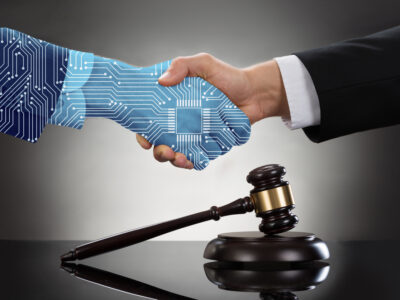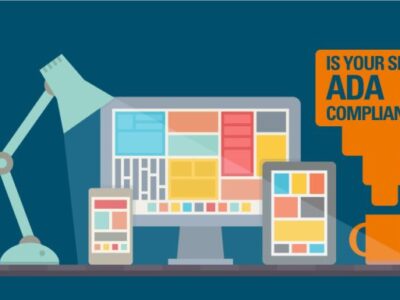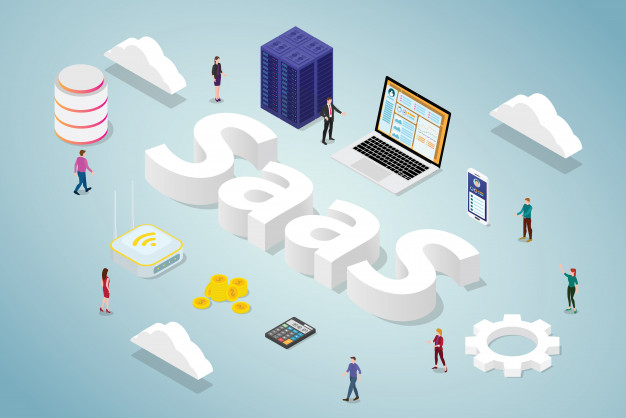Copying and falsifying is reality throughout the world. Law enforcement is not effective. To protect rights and profits, businesses must adapt. Stay competitive requires keeping in front of imitators and technology that changes.
Copyright laws protect the author’s rights (creators of original works). It was written into the United States Constitution in 1787 when the printing machine was the main way of reproduction of works. Since then, technology to allow copying has evolved dramatically.
> Use allowed or violator?
Under the doctrine of “reasonable use”, limited use of copyright-protected work is permitted for personal or educational use. Punishment for violations is severe. Minimum damage is $ 750 for each copyrighted work that is violated, with higher damage if violations are “intentional,” plus the cost and cost of lawyers.
Copy and VCR machines are examples of developments in copying technology. The court struggles to set standards for the use of this technology that is permitted. Also permitted to make several copies for personal use or to record movies to be seen later. Make money from copyright-protected work is not allowed without permission from the copyright owner.
File sharing skills, such as Napster and Grokster, have activated downloading music from the internet. This causes upheaval in the music industry. Receipt from legitimate music sales from support is not only recording artists and songwriter, but also all support staff and workers in sales and distribution channels. To protect their profits, recording companies have used individuals (including small children) with their damage claims.
Law demands have not stopped copying. Technology continues to advance. P2P network capabilities (peer to peer), such as BitTorrent (made to enable large electronic file transmission to help Linux developers) have now been applied to copying TV and film events. The Motion America (MPAA) image association has filed lawsuits to stop pirated film trade and TV programs through the internet.
> Law enforcers are not effective
The reality is that falsification is rampant (and stretches many industries other than music, including for example, software and computer clothing). Enforcement efforts are damaged by public perceptions that greedy companies maximize every dollar and prevent consumers from getting a good deal.
The US Congress tries to help with the Digital Millennium Copyright Act (DMCA), which makes it violate the law to avoid copyright protection mechanisms, but are not effective and wrongly applied. For example, Lexmark tries to prevent a toner cartridge that is reproduced (refilled) to the printer by asking DMCA, accusing copyright violations of the interface software code. This case has implications for all business “aftermarket” (eg, video game cartridges for games, or windshield wipers for autos).
Law demands, and law, lag technology and, are the best, only temporary ways to protect rights and profits.
> New Business Model
Much more effective for adopting a business model that anticipates the reality of copying and finding ways to make money even so. Developing business models include subscription and pay per use prices. These models allow consumers to get a copy of “legally” at a reasonable price.
Another model that is developing is illustrated by Amazon, which has opened fire (application programming interface) to enable various kinds of “partners” to access Amazon data and build their own storefronts that draw on Amazon data and infrastructure. Amazon confirmed that purchases were completed through Amazon and the owner of the “partner” site accepted the commission. With this approach, Amazon expands customer reach and advantage of partners to utilize the Amazon data and infrastructure.










